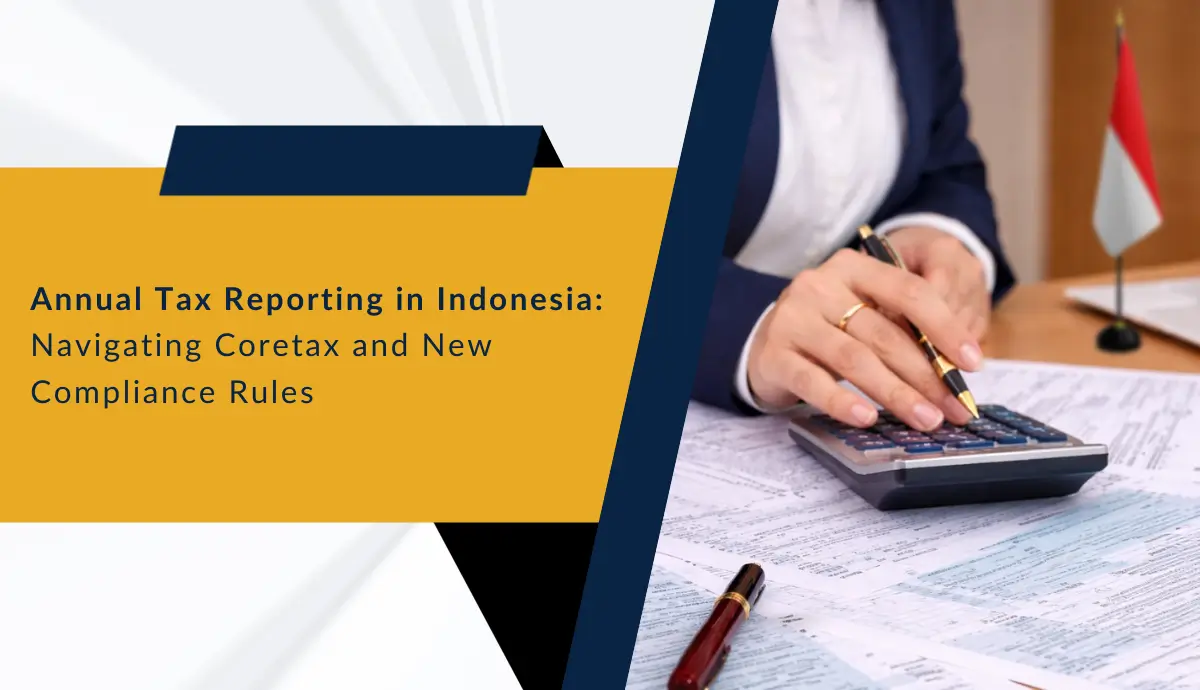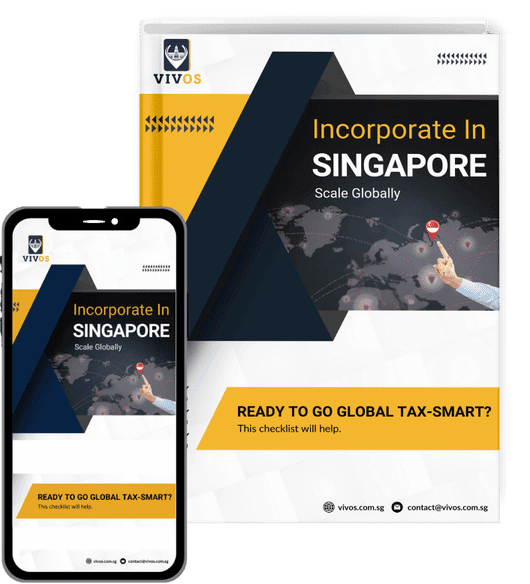
Transfer Pricing Advisory Services in Singapore
Navigate Complex Related-Party Transactions with Confidence Ensure IRAS compliance, avoid penalties, and maintain profitability with expert transfer pricing advisory tailored to your business structure.
Connect With Us Now


What is Transfer Pricing & Why It Matters in Singapore
Transfer pricing is the method of pricing goods, services, and intellectual property exchanged between related entities, such as subsidiaries or sister companies. Under Singapore’s Income Tax Act Section 34F, maintaining proper transfer pricing documentation is mandatory for businesses meeting specific thresholds.
With IRAS intensifying scrutiny and enforcing penalties for non-compliance, getting your transfer pricing strategy right is not just important—it’s essential.
Transfer Pricing Services We Offer
We ensure your company meets mandatory TP documentation requirements under Section 34F of the Income Tax Act.
- Preparation of Local File and Master File
- Country-by-Country (CbCR) Reporting
- Functional, Asset, and Risk (FAR) analysis
- Benchmarking studies with arm’s length price support
- Documentation for routine support services and intercompany agreements

Be audit-ready and defend your TP strategy with confidence:
- Risk profiling and strategy mapping
- Drafting comprehensive audit responses
- Representation during IRAS field visits
- Post-audit compliance strategy and penalty risk mitigation

Align your pricing models with global standards:
- Arm’s length pricing methodology and comparability analysis
- Royalty and management fee benchmarking (DEMPE model)
- Cost contribution arrangements and intercompany loan pricing
- Advance Pricing Agreements (APAs) and Mutual Agreement Procedures (MAP)



Set It Right Before IRAS Asks
Secure your transfer pricing position with defensible documentation.
What Our Clients Are Saying

Frequently Asked
Questions
-
What is transfer pricing documentation, and is it mandatory in Singapore?
Transfer pricing documentation shows how a company determines prices for transactions with related parties. It’s mandatory under Section 34F if your revenue exceeds S$10M or IRAS has previously required documentation.
-
How do I apply the arm’s-length principle in my transfer pricing?
Singapore follows a 3-step IRAS-recommended process: comparability analysis, method selection, and result validation. We help implement this and support it with benchmarking.
-
What is the penalty for not having TP documentation?
Failure to comply with TP documentation requirements can result in fines of up to S$10,000, additional tax payable, and a 5% surcharge on IRAS’s adjustments.
-
Can I rely on group-wide transfer pricing policies?
No. Even if the group has global TP documentation, the Singapore entity must ensure local compliance and ensure that relevant information is contextualised for IRAS.
-
When is an Advance Pricing Agreement (APA) applicable?
APAs are helpful when businesses seek certainty in pricing complex related-party transactions. They reduce future disputes and tax risks across jurisdictions.













